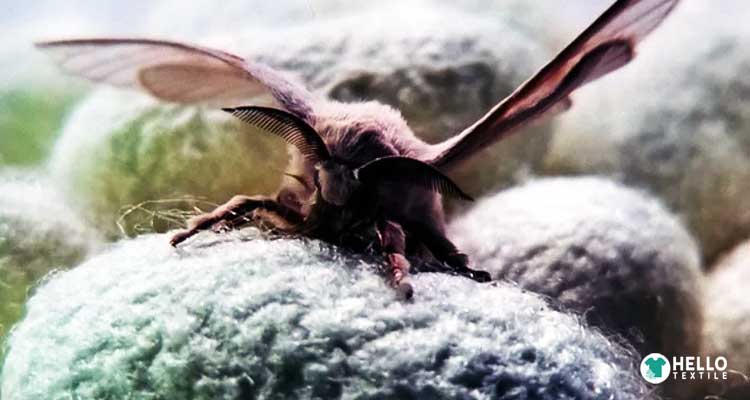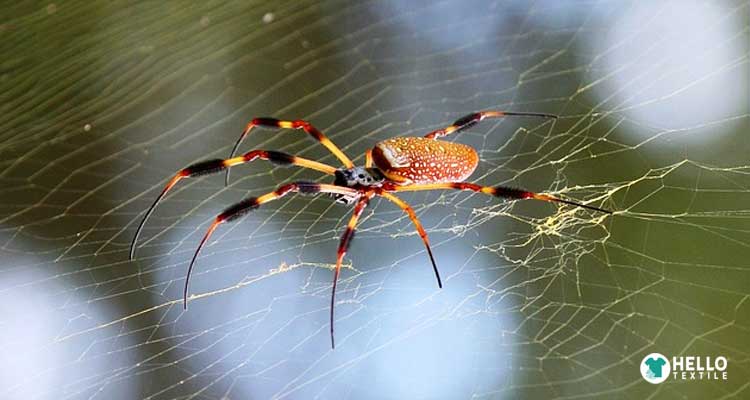In the realm of advanced materials, spider silk stands as a multifaceted marvel, finding applications in textiles and biomedicine owing to its exceptional strength and biocompatibility. However, the largescale production of this extraordinary material has long posed a formidable challenge.
Kraig Biocraft Laboratories, a biotechnology entity based in the United States, has ingeniously tackled this challenge. Through the genetic engineering of silkworms, they've devised an innovative method to produce recombinant spider silk proteins, thus sidestepping the complexities associated with spider farming and their intricate spinning process.

Recently unfurling its wings in Lam Dong Province, at the heart of Vietnam's thriving silk economy, Kraig Labs inaugurated a state-of-the-art production facility. This strategic move aims to elevate spider silk production to new heights and set the stage for commercialization in the upcoming spring.
The establishment of this facility aligns harmoniously with Kraig Labs' memorandum of understanding (MOU) with the Vietnam Sericulture Association (VSA) and Lam Dong Agro-Forestry Research and Experiment Center (LAREC).
The collaboration is poised to transform this center into a nucleus for advancing sericulture practices in Vietnam. Years of concerted efforts, culminating in a highly productive session involving Kraig Labs management, VSA, LAREC, various VSA members, and the company's Vietnam subsidiary, Prodigy Textiles, have led to the formation of this crucial agreement.

Under the aegis of the MOU, Kraig Labs pledges cooperation with these pivotal agencies to enhance and expand silk production in Vietnam. Situated in the epicenter of Vietnam's predominant silk-producing region, the facility enjoys access to fresh mulberry, skilled sericulture staff, and cutting-edge cocoon reeling facilities. Anticipations run high as the facility is poised to function as a pivotal distribution and collection hub for the resulting recombinant spider silk fibers, yarns, and fabrics.
Founder and CEO of
In addition to this significant collaboration, Kraig Labs is fervently working towards augmenting production capacities and expanding its footprint in the initial quarter of 2024. The company aspires to attain metric-ton spider silk production later this year.

The enhanced silkworm hybridization, referred to as BAM 1, emerges from meticulous selective breeding to maximize robustness and the proportion of usable silk per cocoon. Considered the most efficient spider silk production system to date, this new two-strain hybrid has evolved through careful crossings with commercially produced pure silkworm strains.
The resulting hybrid yields more usable silk per cocoon compared to its predecessors and is anticipated to transition from development to operational phases in the initial two quarters of 2024.
Thompson concluded, "This new hybrid will play a pivotal role in our production trials. Our team is currently scaling up production of the two parental lines used to create this hybrid. One of those parental lines is already homozygous for the spider silk gene. The imminent milestone is establishing homozygosity with the second parental strain. The BAM 1 recombinant spider silk hybrid is set to be the central player in Kraig Labs' spring production trials."